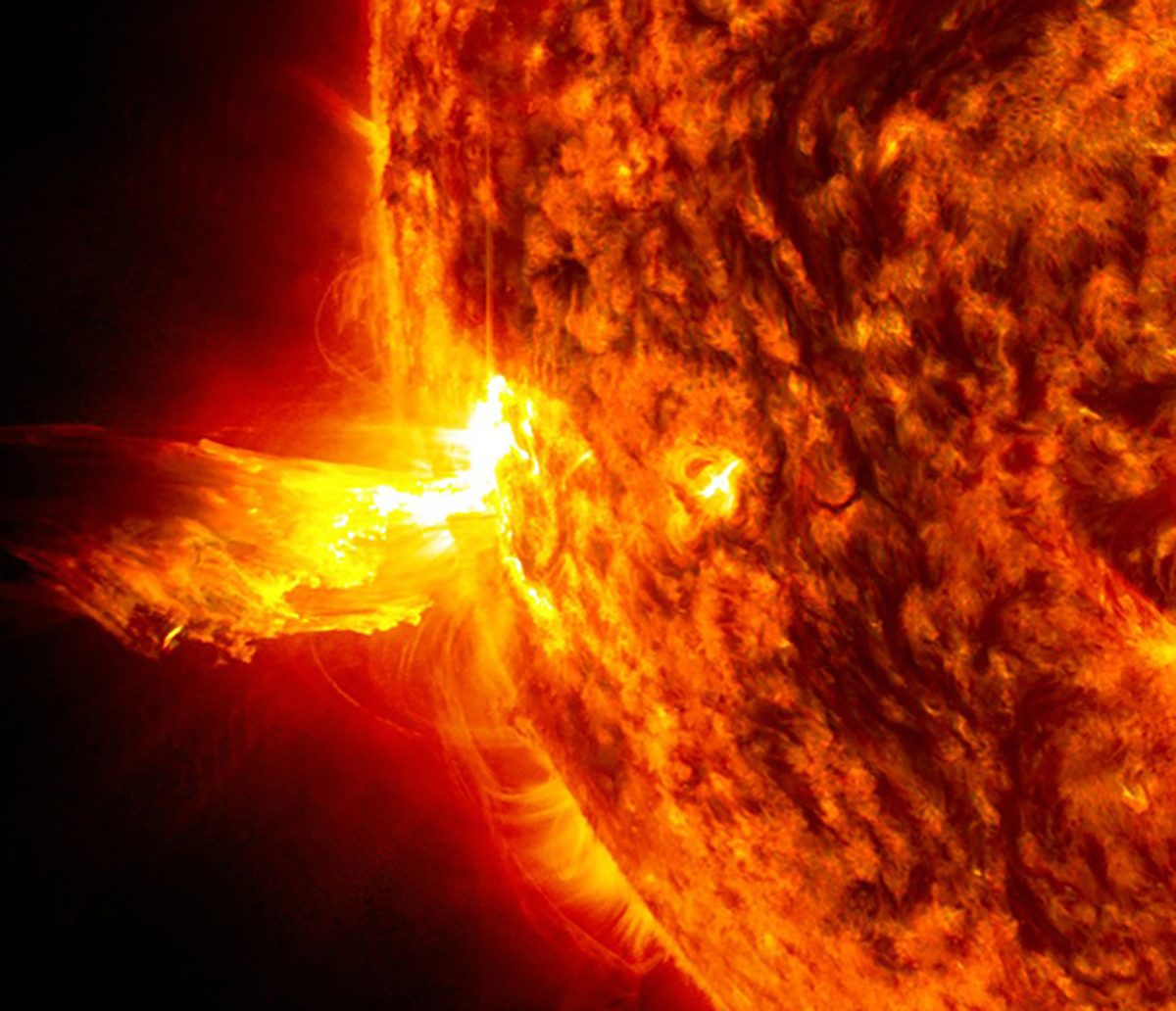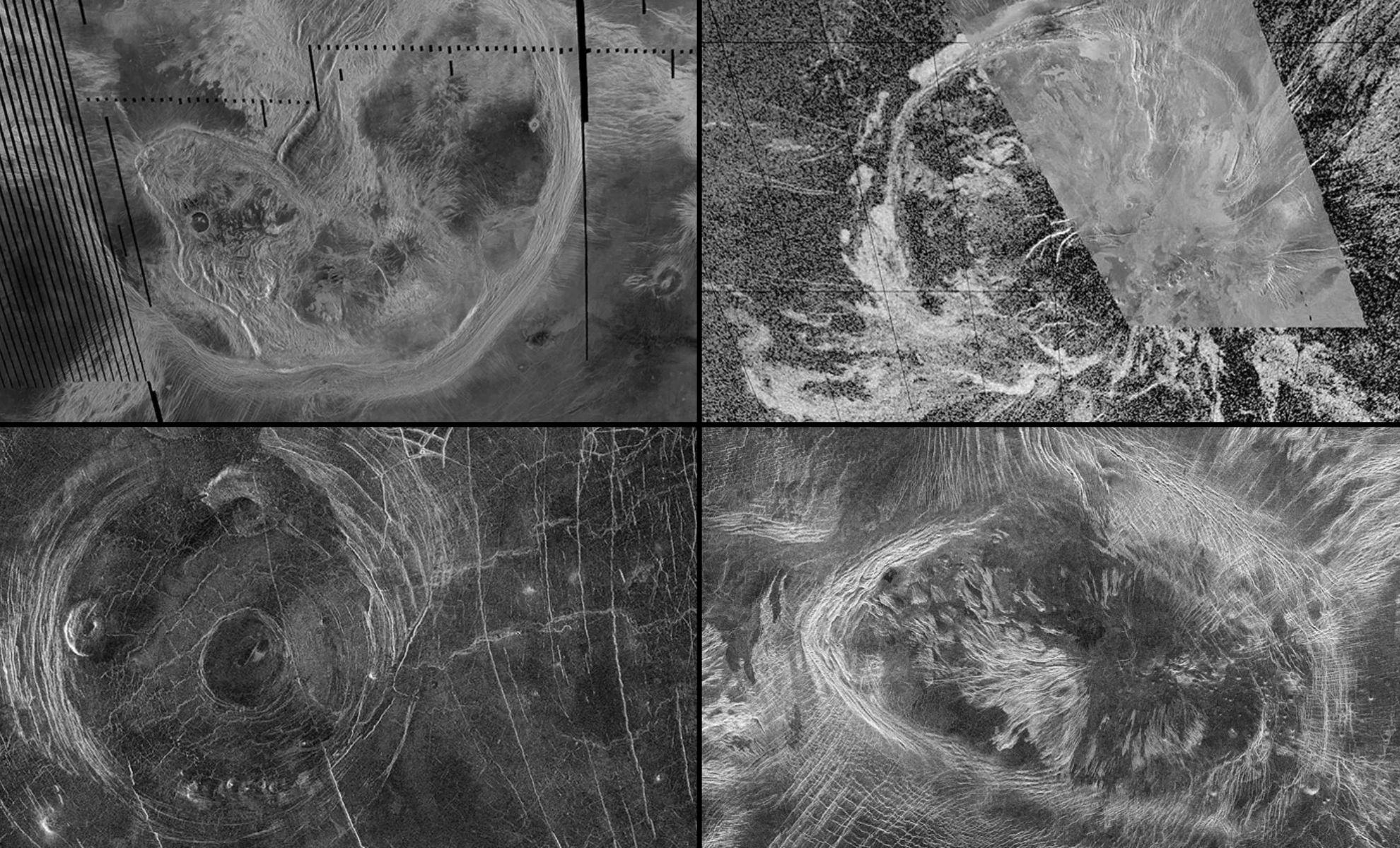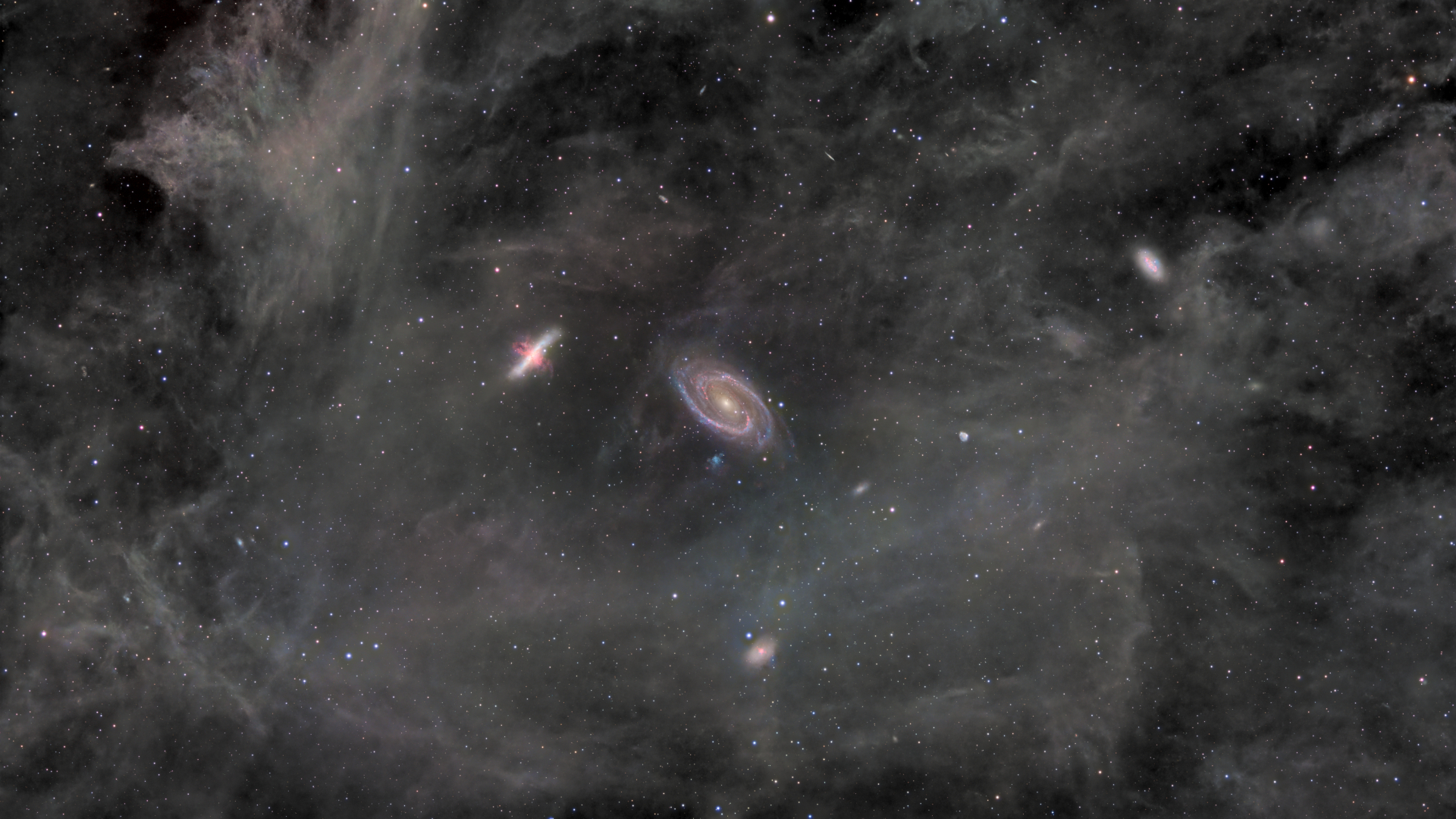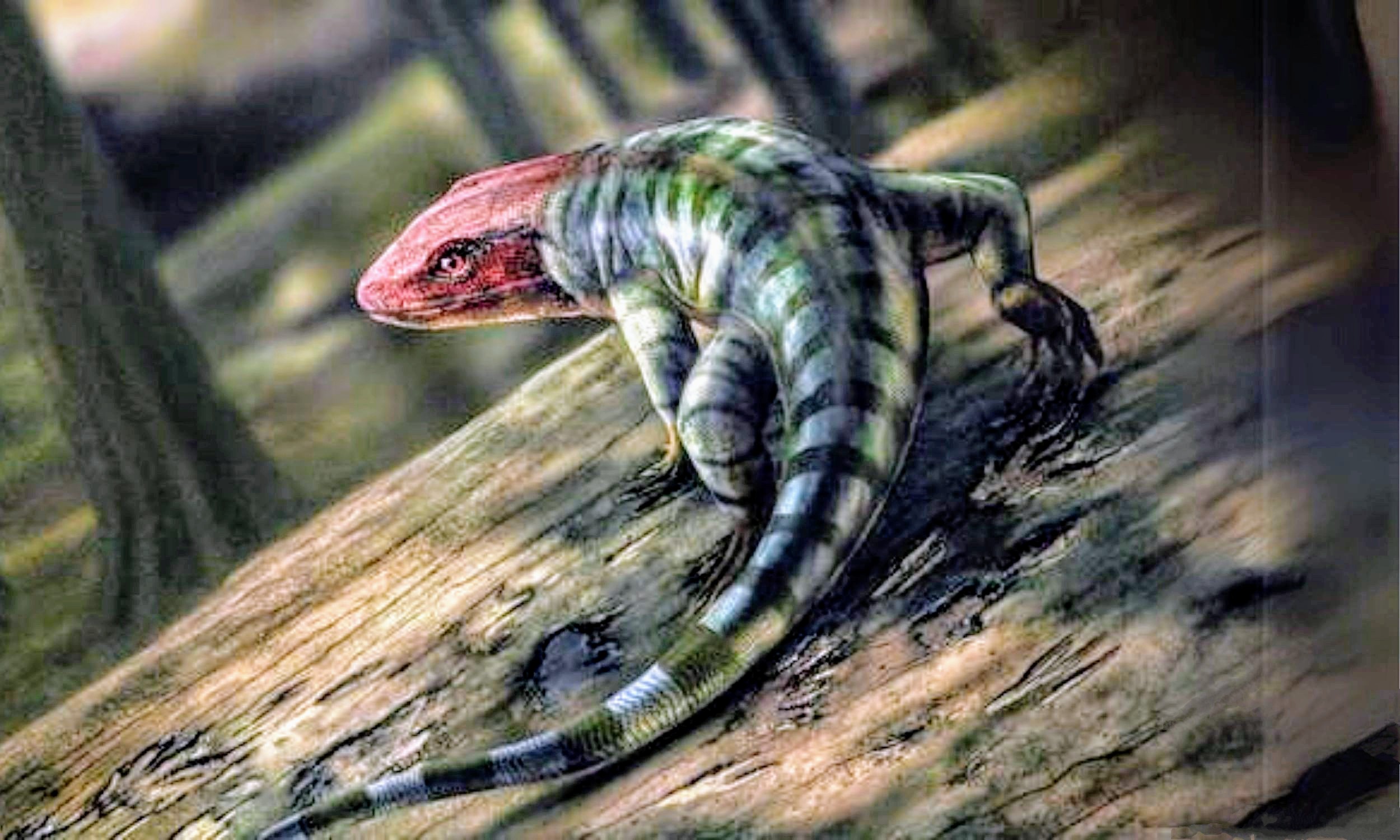The most powerful known outburst from the Sun hit Earth in 12,350 BC during the end of the last Ice Age, according to scientists.
It was an event known as a ‘solar particle storm’, during which charged particles from the Sun fire through space…

The most powerful known outburst from the Sun hit Earth in 12,350 BC during the end of the last Ice Age, according to scientists.
It was an event known as a ‘solar particle storm’, during which charged particles from the Sun fire through space…

Around six hundred million years ago, our planet almost lost the invisible shield that keeps its surface hospitable. Earth’s magnetic field, generated by whirling molten iron deep below our feet, faded until it was so weak it was barely…

Summary: The brain uses two separate dopamine-based learning systems: one for evaluating outcomes and another for reinforcing repeated actions. Known as reward prediction error (RPE) and action prediction error (APE), these systems help explain…

Researchers studying archival radar data from NASA’s Magellan mission have uncovered compelling signs that tectonic activity could still be shaping the surface of Venus today. The findings, published on May 14, 2025, in Science Advances, offer…

Just a stone’s throw from the ocean, indeed.
Small family farms dot the southern coast of Tongatapu, the largest island of Tonga in the South Pacific. But something lies amid the cassava and banana plants that doesn’t belong: a staggeringly…

Black holes aren’t just cosmic oddities—they’re cracks in our idea of reality. So argues Johns Hopkins University philosopher William Egginton, whose work explores the connections between Kant, Heisenberg and Borges. He proposes that…

Through the looking glass: The alchemists’ dream, it turns out, was not misguided – just premature. While the gold created by CERN researchers can’t fill vaults, it has unlocked deeper insights into the universe’s fundamental forces.
…

A recent study, published in Nature Reviews Earth & Environment, reveals that the Earth’s continental crust could harbor enough hydrogen gas to meet humanity’s energy needs for at least 170,000 years. This discovery, led by researchers from…


The origin of reptiles on Earth has been pushed back by an astonishing 40 million years. Fossilized tracks unearthed in Australia provide compelling evidence that reptile-like animals existed far earlier than previously thought.
This finding…